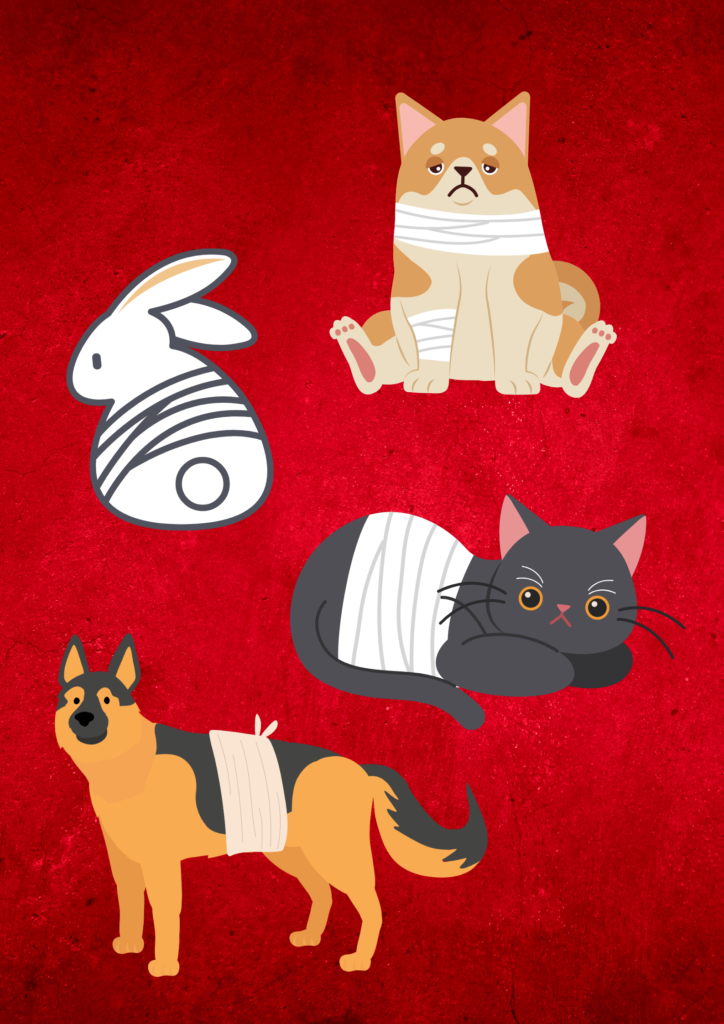The Cruel Reality: Animal Cruelty

A Pervasive Problem
Animal cruelty, a reprehensible act of violence and neglect, is a pervasive issue that afflicts societies worldwide. This abhorrent mistreatment of sentient beings encompasses a wide range of behaviors, from physical abuse and neglect to exploitation and experimentation. The profound suffering inflicted upon animals is a stark indictment of our collective humanity.
Domestic Abuse and Neglect
One of the most prevalent forms of animal cruelty occurs within the confines of the home. Countless animals endure physical and emotional torment at the hands of their caretakers. Beatings, starvation, and confinement are just a few of the horrors experienced by these innocent creatures. Moreover, the neglect of animals, often rooted in apathy or ignorance, can be equally devastating. Deprived of basic necessities like food, water, and shelter, these animals suffer immensely and frequently meet untimely deaths.
Industrial Exploitation
Beyond the domestic sphere, animal cruelty is rampant in industries that exploit animals for human benefit. Factory farming, characterized by cramped and unsanitary conditions, inflicts unimaginable suffering on billions of animals each year. The fur industry, driven by vanity, involves the brutal killing of animals for their pelts. Additionally, animal testing, often shrouded in secrecy, subjects countless creatures to painful and frequently lethal experiments. These practices not only violate the rights of animals but also raise profound ethical and environmental concerns.
The Psychological Impact
The psychological repercussions of animal cruelty are far-reaching. Research has established a correlation between cruelty to animals and violence towards humans. Individuals who inflict harm on animals often exhibit a callous disregard for the suffering of others. Furthermore, witnessing animal cruelty can have a traumatic impact on children, desensitizing them to violence.
Toward a More Humane World
Addressing the complex issue of animal cruelty necessitates a multifaceted approach. Strengthening animal welfare laws, raising public awareness, and supporting animal welfare organizations are essential steps. Education plays a pivotal role in fostering compassion and empathy towards animals. By teaching children about the importance of animal welfare, we can cultivate a generation of responsible and compassionate citizens.
In conclusion, animal cruelty is a multifaceted problem that demands urgent attention. It is a stain on our collective conscience and a reflection of our society’s values. By working collaboratively to prevent and eradicate this abhorrent practice, we can create a more humane and compassionate world for both animals and humans.


























